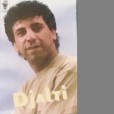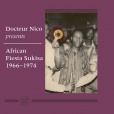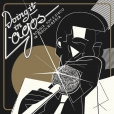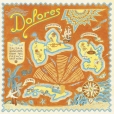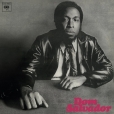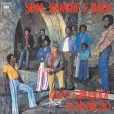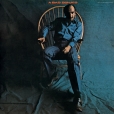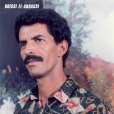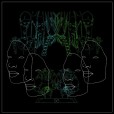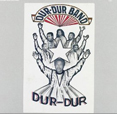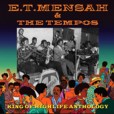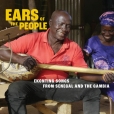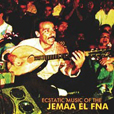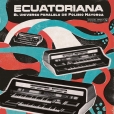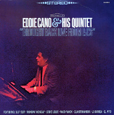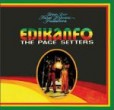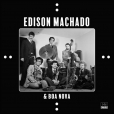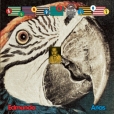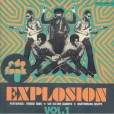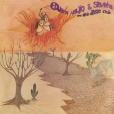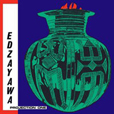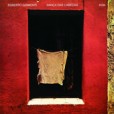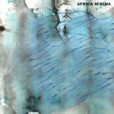Your basket is empty

Algerian chaabi.
Docteur Nico & African Fiesta Sukisa
Docteur Nico Presents African Fiesta Sukisa 1966-1974
Planet Ilunga
A dazzling mixture of stone classics and gems buried deep in the Sukisa catalogue. Excellent booklet.
‘While exploring the Hawaiian guitar with its clear, airy, plangent, psychedelic effluvia, he continues to replicate the piano comping technique, and adds two missing strings to his bow: a simulation of the sanza (likembé or thumb piano), whose sounds he reproduces right down to the noisemakers of the tiny tin rings, on the one hand, and the sounds of the Luba balafon on the other… Docteur Nico is a genius of our time, whose style makes him the supreme exponent of the most important guitar school in Congolese music. He is recognized by his peers as the greatest African solo guitarist of all time.’
Another round of forlorn songs about lost loves and other sorrows, driven by mid-tempo, wah wah guitars; this second volume tracking the Rai master into the 1990s.
Precious, late-eighties dance music from Mogadishu. Big group — three horns, four singers plus three backing, two guitars, keys, drummer, two percussionists, bassist — choca with funk swagger and highlife shimmy.
Songs for dancing, about love and heartache, conflict, and spirituality, over the rolling lilt of the ekonting, a three-stringed gourd lute played by Jola people in Gambia and the Casamance region of Senegal.
Fantastic. Raw, blazing street music from Marrakesh. Electrified banjos and mandolins, drums, singing; amps run off moped batteries; the definitive interpretation of the Dana International hit Sabra And Shatilla.
‘Turbocharged highlife from 1980s Ghana… It opens in fine style with Nka Bom, horns sharply descending over a disco bassline, with a triumphant electric piano solo and a lengthy percussion interlude. Other highlights include the growling Gbenta, with a bluesy bassline and machine-gun drumming, and the trumpet voluntary and dubby choral singing on Moonlight Africa’ (Financial Times).
Produced by Eno, who discarded his own contributions as ‘clumsy and unnecessary compared to Edikanfo’s witty, light funkiness… What they’d given me was finished — there was nothing else I could add.’
Fabulous big-band tropical jazz — cumbias, porros — from 1950s and 60s Colombia.
Moody, experimental, Ghanaian Afro-Rock — recorded by these teenagers in 1973 for EMI Nigeria, after a run at Fela’s Shrine.
Hotly recommended! Islam Chipsy’s debut studio album, recorded late last year in downtown Cairo. Four jolts of wild creativity and pure exhilaration — the trolleying frenzy of Trinity and Kahraba sandwiching his inimitable readings of the Egyptian standards Simsimiyya (from the north-eastern Nile delta) and Mouled Saidi (from Upper Egypt).
Startling, brilliant, minimalist experiments for percussion and electronics. Issued by Ayna as a tiny private pressing in 1972; re-mastered now from EM’s own master-tapes. Daring fun; warmly recommended.
